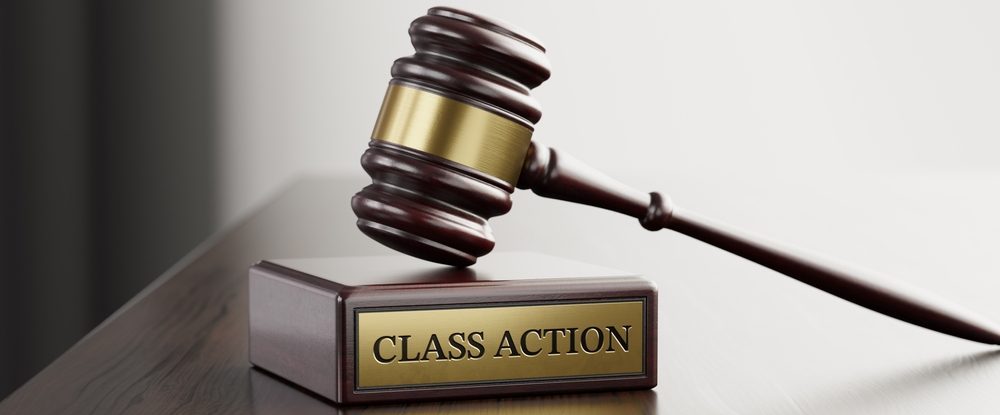We gain expert insight into healthcare with our interview with Katarzyna Czyżewska, who is based in Poland. She believes that the Polish medical legislation requires serious reforms, aimed at, above all, simplification of provisions and reducing the quantity and frequency of its modifications. Medical professionals have huge problems with following the constantly changing law and their incompetence in this field increases the level of their exposure to potential legal risks; this insightful interview allows Katarzyna to expand on the given matter.
Can you talk us through the types of legal matters that healthcare services and medical professionals have to deal with on a regular basis?
The Polish law in the field of healthcare is quite complicated, so the variety of legal issues involved in conducting business of professional activities on this market is quite broad.
First of all, financing healthcare services from the public funds is a very difficult subject in Poland. Our major piece of legislation in this field, the Act on reimbursement of medicinal products, medical devices and biocides, is very restrictive and designed to cut the public expenses on healthcare technologies rather than to offer new, innovative technologies to patients. Thus, our Clients often struggle to make their products or services available in practice to patients. On the other hand, the aforementioned Act is not at all the only statute regulating those issues; in fact, there are several different procedures or grounds based on which a product or a service can be reimbursed, which are provided for under several different acts.
That complexity of the reimbursement system also translates on the serious legal problems for healthcare professionals (i.e. physicians). Doctors are under scrutiny of the National Health Fund (the central public body, responsible for disposing of public expenses on healthcare), from the point of view of correctness of their prescription decisions (e.g. whether a given patient’s health condition justified the prescription of a reimbursed drug). On the other hand, a very serious and frequently raised question which physicians face in their daily practice is whether they can, and how they may, prescribe drugs off-label (i.e. not in line with the official, registered indications of a given product). The registration status of many medicinal products is not completely up to date with the scientific progress and current medical knowledge; whereas, doctors want to treat patients in line with the best and the most accurate standards.
Finally, the ultimate legal challenge for all the entities participating in the healthcare system is the rapidly changing and more complicated legislation. In this field, we do have new statutes enacted few times a year, sometimes changes of the law are revolutionary, meaning that business undertakings and healthcare professionals need to adapt to the new law very quickly.
What kinds of disputes can arise for medical professionals, such as negligence cases for example?
Negligence cases arise quite frequently in Poland; in fact, I would assume that the number has been increasing recently. This is due to the growing legal awareness of patients and their families, also supported by common media coverage of such matters. However, medical malpractice lawsuits are still quite difficult for patients; in general, the patient has to prove (or at least make probable in front of the court) that the malpractice indeed took place and that there is a causal link between the malpractice and the patient’s harm. The factual matters are rarely black and white, so that the patient can easily show that his or her health problems were directly caused by the physician’s (or healthcare unit’s) mistake or negligence.
What can medical professionals do in order to reduce their chances of being involved in such disputes? Are there common regulations often looked over by professionals?
Medical professionals should, first of all, follow their professional legislation which is the Act on the profession of a physician and of a dentist. This act lists the basic principles which a physician should obey in his or her professional practice. There is also binding in Poland the Act on patients’ rights and the patients’ ombudsman which provides for certain rights and guarantees for patients - any breach of its provisions by the medical professional naturally exposes that professional to potential lawsuit.
A very practical tip which I always tell to doctors who want to find the way to increase their legal safety against the possible claims from patients is to carefully record all decisions on treatment in the patient’s medical documentation; and in case of any doubtful, risky or not standard treatment which is to be initiated, a physician should always get a written declaration of consent from a patient. That documentation can be later used in a potential court case as a source of evidence on the proper conduct of a medical professional.
Do you find personal ethics often clashing with legal regulations? How do you overcome this and thus advise your clients in respects to this?
Professional ethics usually introduces higher standards of professional practice than the law itself; my usual advice to clients is that the law is the minimum standard and in order to completely secure themselves from any potential legal problems they should also follow the professional ethics. This is particularly important in case of physicians who are subject to the disciplinary liability in front of their disciplinary courts, which in the worst-case scenario, can even result in the relegation from the profession.
Is there anything else you would like to add?
The above description may sound like the Polish legislation on healthcare is not too user friendly and makes everyone’s life more complicated. It is truth, but on the other hand, Polish lawyers specialised in healthcare and pharmaceuticals have lots of work - this is somehow a positive.
























